William Boyd taps into the classical novel tradition with this sweeping tale of one man’s century-spanning life, even to the extent of providing the accustomed framing device: the chance discovery of a cache of papers and mementoes. The items listed by ‘WB’ in his ‘Author’s Note’ – a musket ball, a fragment of a Greek amphora, a crinkly lock of hair – all find their place in the tale of this 19th-century adventurer, lover, traveller and author.
Cashel Greville Ross (his name turns out to be as mutable as his identity and nationality) is born in Ireland in irregular circumstances – so irregular that a swift flight to England as a boy is effected, the first of his many transitions. The temptation is great for authors who place fictional characters in historical settings to have them meet famous people along the way, but at least Boyd is knowing about it. Our hero runs away to war and finds himself trudging with his regiment near Brussels to intercept Napoleon. For the rest of his life, Cashel wearily acknowledges that being a Waterloo veteran is something of a cliché. (He always thought it should have been called the battle of Nivelles, anyway.)
By the time he washes up in the company of the slightly older Byron and Shelley in Pisa in spring 1822, Cashel has already served in India with the East India Company. Falling for the charms of Claire Clairmont doesn’t prevent him from taking a censorious view of the amorous goings on in the Shelley household. Time is running out for the Romantic poets (Shelley has only a few months to live), but their impact will be lasting. Advertisements for Cashel’s subsequent travel memoir lean heavily on the Byron connection. More intimately, a teenage friend of Byron’s mistress Teresa Guiccioli becomes a lifelong fascination.
Introspection is kept to a minimum as he rattles along, his unlikely successes always apt to be balanced by sudden misfortune. He farms in Massachusetts, rackets around London society and wanders the continent, but always comes back to one disastrous emotionally charged decision as the defining point of his existence. Whether the intensity of Byron and Shelley, who both died young, can or should be sustained through a long life is Cashel’s conundrum.
Boyd’s sources are visible but entertainingly deployed. There’s a whiff of Tolstoy in the Waterloo scenes, and he has drawn on E.J. Trelawny’s Recollections for the grim scene of Shelley’s cremation (Cashel, obviously, in attendance). Little Dorrit flavours a stint in the Marshalsea, but the most flagrant borrowing is from Richard Burton’s account of his mid-century trek through central Africa. Boyd cheekily has Cashel precede the famous Burton-Speke expedition to find the source of the Nile, and even anticipate their discoveries.
After many vicissitudes, Cashel settles in Trieste, a city as ambiguous and changeable as he is himself. Having lived through the era of horse-drawn carriages and candles, he finds himself switching on electric lights, travelling by train and hesitantly using flushing toilets. Despite a creaking octogenarian body, he is in a curious way still young and ardent: a Romantic to the end.
Got something to add? Join the discussion and comment below.
Get 10 issues for just $10
Subscribe to The Spectator Australia today for the next 10 magazine issues, plus full online access, for just $10.
You might disagree with half of it, but you’ll enjoy reading all of it. Try your first month for free, then just $2 a week for the remainder of your first year.

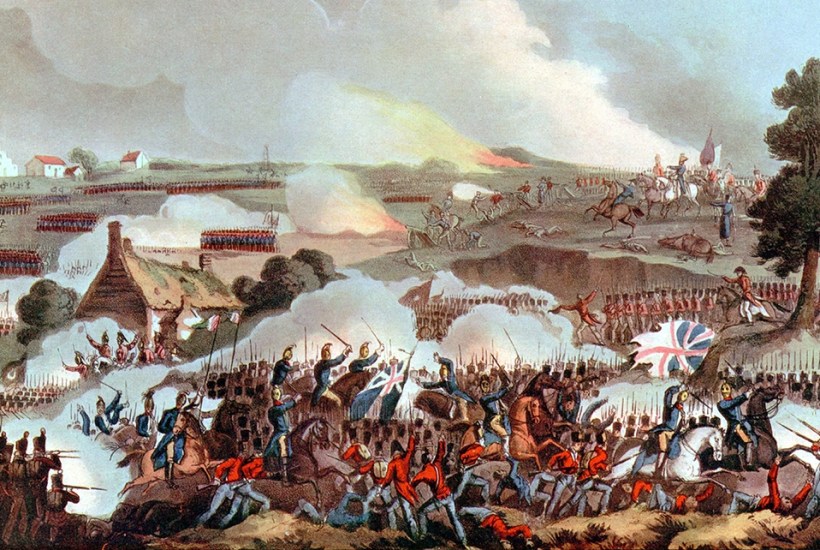

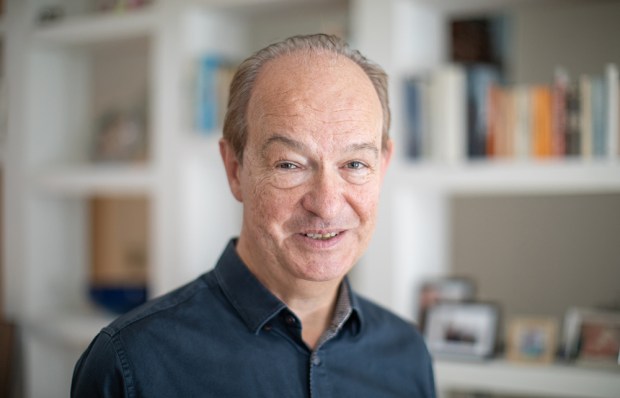

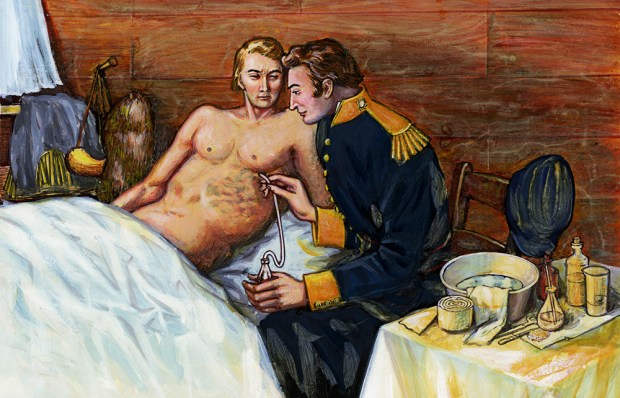
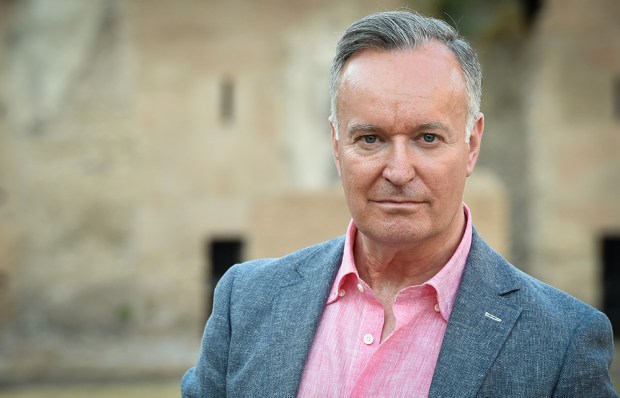
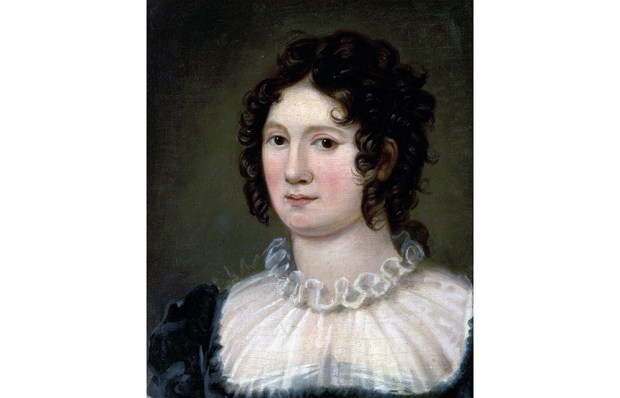






Comments
Don't miss out
Join the conversation with other Spectator Australia readers. Subscribe to leave a comment.
SUBSCRIBEAlready a subscriber? Log in